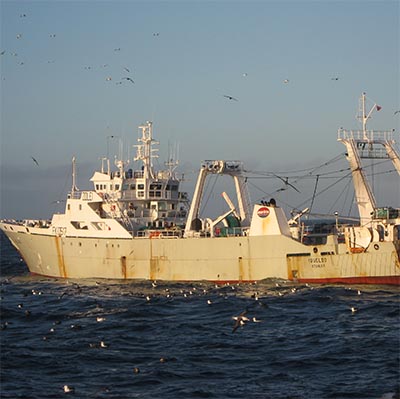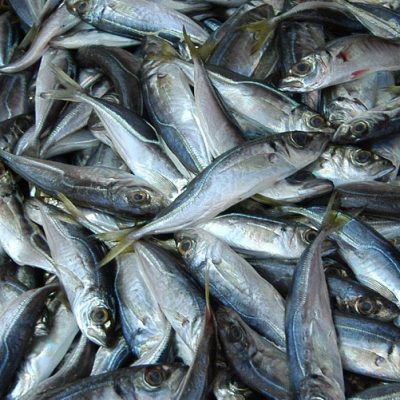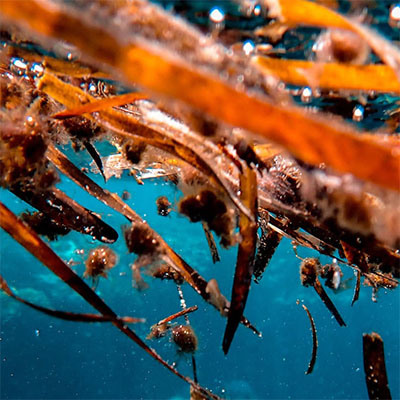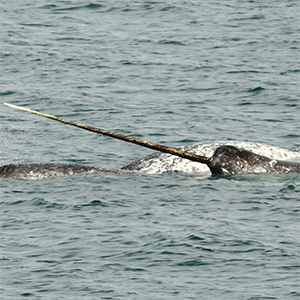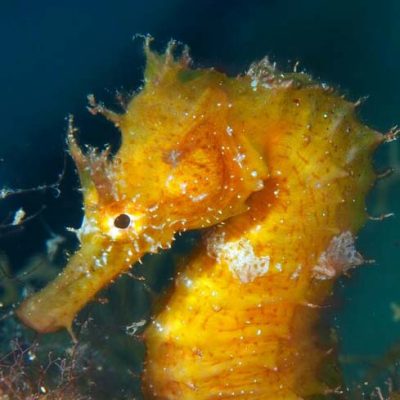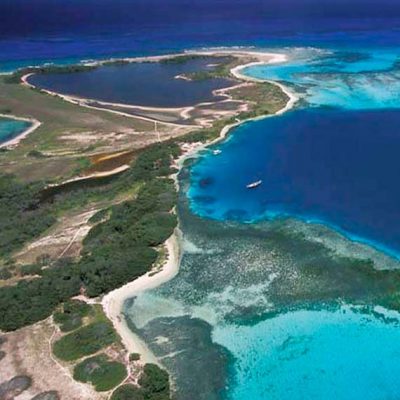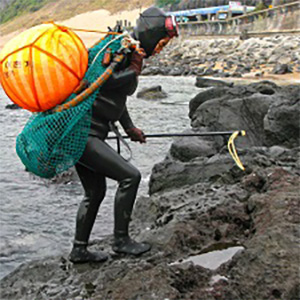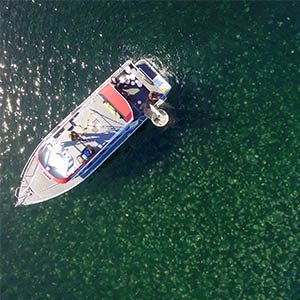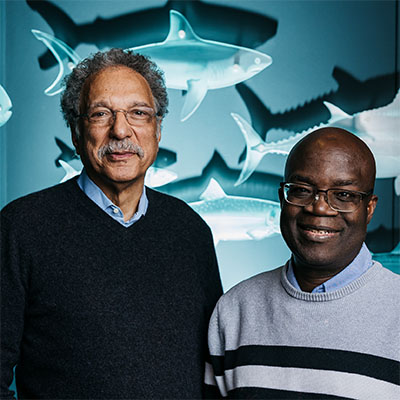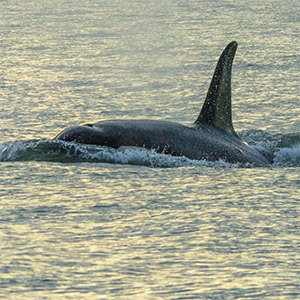Developing nations at risk from harmful fisheries subsidies, UBC study states
Harmful fisheries subsidies are leading to more fishing vessels chasing fewer fish, resulting in adverse environmental and societal impacts.
Keep growing – Fish’s growth is not reduced by spawning
Contrary to what is stated in biology textbooks, the growth of fish doesn’t slow down when and because they start spawning. In fact, their growth accelerates after they reproduce, according to a new article published in Science.
Macroalgae have a complex tale to tell about coral reef health
The amount of macroalgae (the group to which seaweed belongs) covering coral reefs is not always an accurate indicator of human disturbance.
Celebrating Canada’s ‘unicorn’ – the narwhal
Celebrating some of the research that the Institute for the Oceans and Fisheries researchers has undertaken on the iconic marine creature with a tusk (tooth, actually) on its head — the narwhal.
Global seahorse conservation platform celebrates citizen science milestone
Dennis Rabeling’s observation of the short-snouted seahorse (Hippocampus hippocampus) species, was citizen community science platform iSeahorse’s 10,000th observation.
Paper Park Index helps identify 55 unprotected marine protected areas
Most of the ‘paper parks’ – or MPAs that fall short of safeguarding marine biodiversity – are located in Latin America and the Caribbean.
For a prosperous Blue Economy, everyone must be involved
Women make up 85% of ocean sectors, but are invisible in fisheries management positions, with marine policies often undermining their livelihoods and wellbeing. They are often not included in any decision-making processes and their dependency and contributions to the Blue Economy are neglected.
Jellyfish size might influence their nutritional value, UBC study finds
Researchers confirmed what was already known: jellyfish eat bigger prey as they grow, which means they also occupy a higher position in the food web as they grow. They also found that some of the concentrations of ‘healthy fats,’ increase as jellyfish grow. These changes might be influenced by their diet, and as they feed on bigger prey with higher levels of fatty acids, the jellyfish accumulate more of these fatty acids.
2023 Tyler Prize for Environmental Achievement: Daniel Pauly and Rashid Sumaila are winners
The UBC Institute for the Oceans and Fisheries professors say winning this prize gives them an opportunity to spread an urgent and evidence-based message: all fishing on the high seas should be banned.
Food quality matters for southern resident killer whales, UBC study states
If southern resident killer whales ate just low-lipid salmon, they would have to eat around 80,000 more Chinook salmon every year than if they just ate high-lipid salmon.
